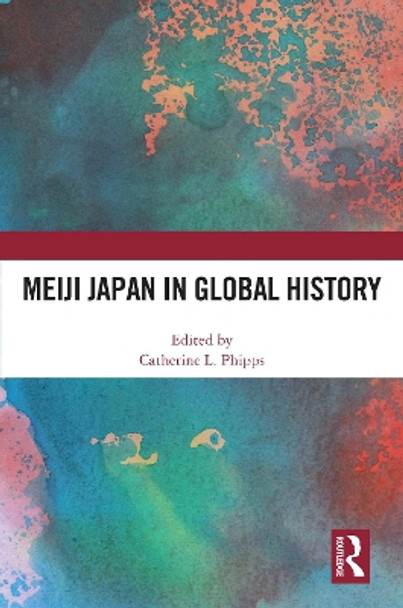Description
This book examines Meiji Japan (1868–1912) to demonstrate the complex interplay between Japanese nation-building and the country’s engagement with global processes. "Meiji Japan" refers to an era (1868–1912) that—as experienced from within—had an undetermined duration and extent. The length of the emperor’s reign was not preordained, and the country’s territorial borders were not as well-defined or wide-reaching at the start of the period as at the close. Questions about who was represented by and who identified with the emerging nation-state remained in flux as Japan’s modern political, economic, legal, and sociocultural parameters were being created.
Basing their inquiries on the idea of Meiji Japan in global history, the authors examine Japan’s rise on the modern world stage, focusing on the individuals—whether government leaders, intellectual elites, indigenous communities, or colonial migrants—who both shaped and were shaped by this era of global connectivity. Localized challenges and supranational opportunities meant people were in motion, as territorial expansion redefined marginalized groups, and as diverse populations moved to and from colonized and foreign lands. This volume seeks to excavate how people back then positioned themselves in a specific time and place, just as people in the twenty-first century seek to give Meiji Japan meaning at the sesquicentennial commemoration of its start.
The chapters in this book were originally published in the journal Japan Forum.
Book Information
ISBN 9780367693343
Author Catherine L. Phipps
Format Paperback
Page Count 200
Imprint Routledge
Publisher Taylor & Francis Ltd
Weight(grams) 380g






